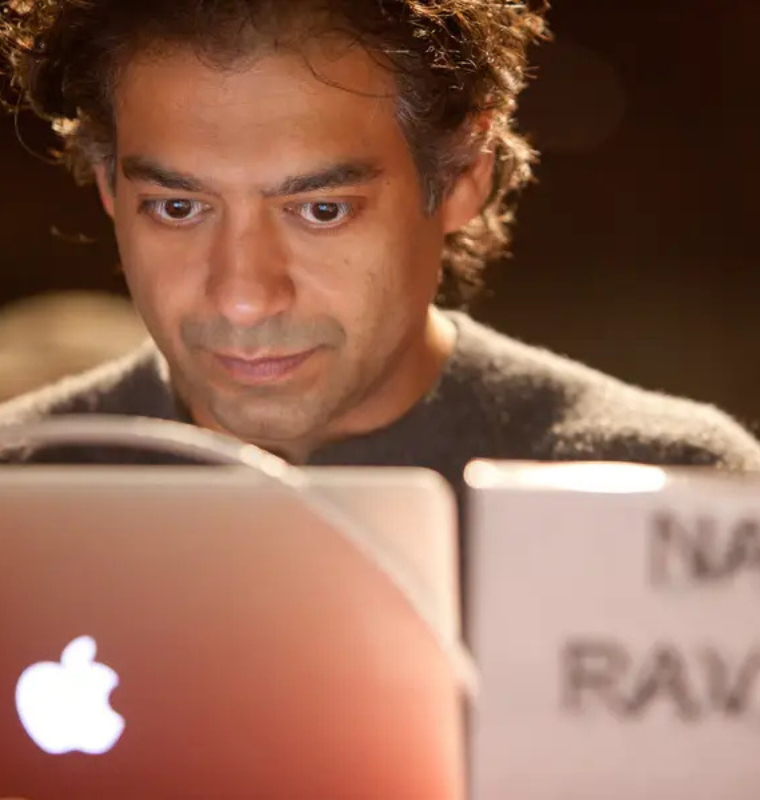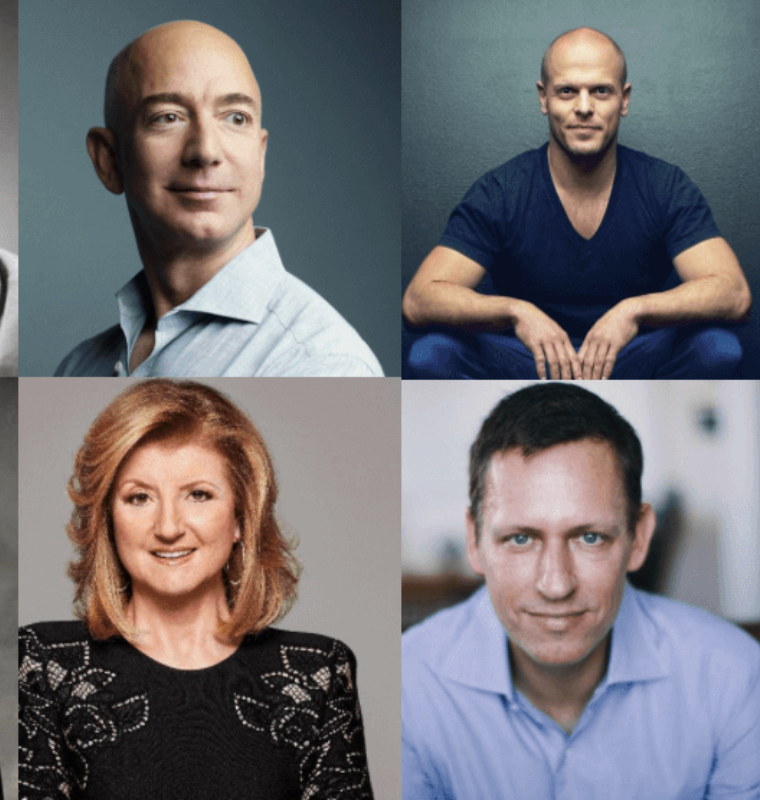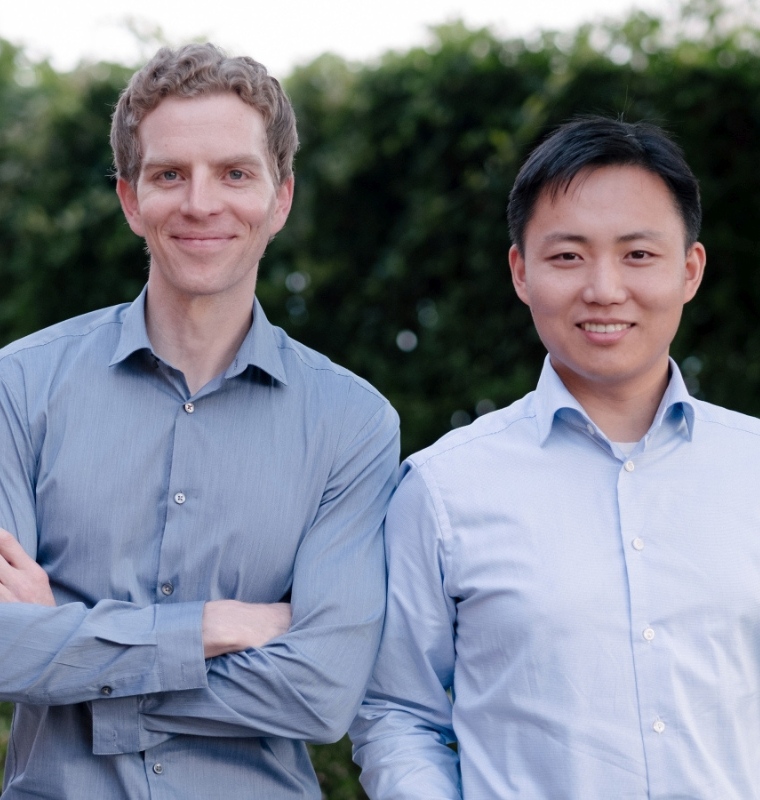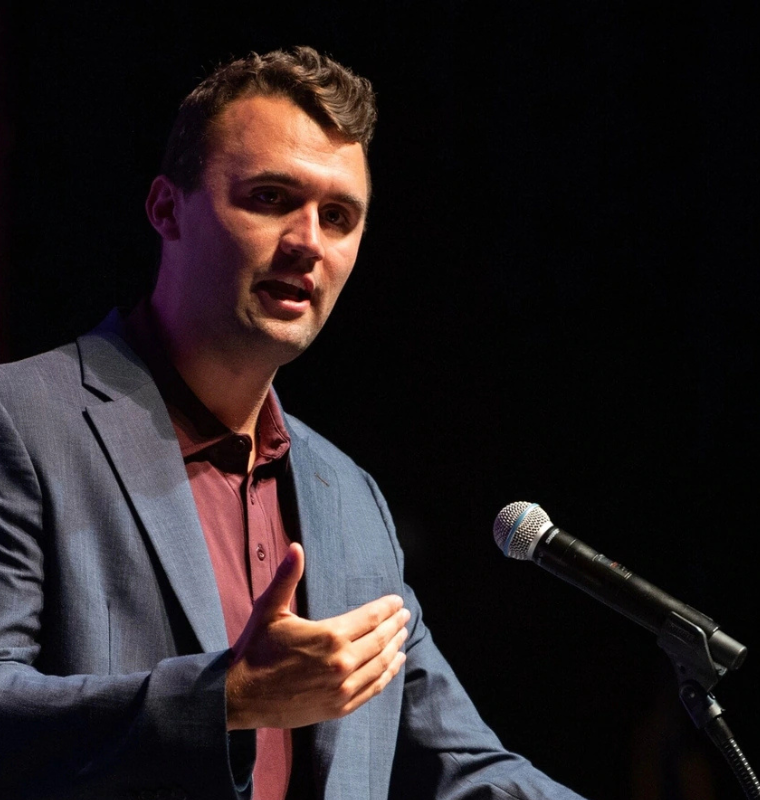Penske Media Sues Google Over AI Summaries, Claiming Loss of Traffic and Revenue
Penske Media Sues Google Over AI Summaries, Claiming Loss of Traffic and Revenue
By
Junia Wells
Last updated:
September 15, 2025
First Published:
September 15, 2025

Photo: Tech in Asia
Penske Media Takes Legal Action Against Google
Penske Media Corporation, the family-owned media conglomerate behind Rolling Stone, Billboard, and Variety, filed a federal lawsuit against Google on Friday, claiming the tech giant’s AI-generated summaries are siphoning traffic and undermining revenue from its websites.
The lawsuit, filed in Washington, DC, marks the first time a major U.S. publisher has sued Google over its AI overviews, which appear at the top of search results and summarize full articles. Penske alleges that Google repurposes its journalism without permission, forcing publishers into a corner where inclusion in search results is contingent on allowing their content to be used for AI training.
Impact on Traffic and Revenue
Penske reports that its websites attract roughly 120 million monthly visitors, but since the rollout of Google’s AI Overviews, approximately 20% of searches linking to Penske properties now display these summaries. The company claims its affiliate revenue has declined by over a third from peak levels by the end of 2024 due to reduced search-driven traffic.
Jay Penske, CEO of Penske Media, emphasized the broader threat to digital journalism: “We have a responsibility to proactively fight for the future of digital media and preserve its integrity – all of which is threatened by Google’s current actions.”
The lawsuit highlights Google’s dominance in the U.S. search market, with a federal court previously finding that it holds nearly 90% market share, giving it leverage over publishers and the ability to impose AI content usage terms without negotiation.
Broader Industry Concerns
Penske is not alone. Earlier this year, online education company Chegg sued Google, arguing that AI-generated overviews erode demand for original content and undermine publishers’ competitiveness. Meanwhile, other AI companies like OpenAI have negotiated licensing deals with publishers such as News Corp, Financial Times, and The Atlantic, but Google has been slower to engage in similar agreements for its Gemini chatbot, which competes with ChatGPT.
Industry groups like the News/Media Alliance, representing over 2,200 U.S.-based publishers, argue that Google’s market power allows it to bypass standard licensing practices that other AI companies follow. Danielle Coffey, CEO of the Alliance, said: “When you have the massive scale and market power that Google has, you are not obligated to abide by the same norms. That is the problem.”
Google Responds
Google defended its AI Overviews, claiming they enhance user experience and drive traffic to a wider range of websites. Spokesperson Jose Castaneda stated: “With AI Overviews, people find Search more helpful and use it more, creating new opportunities for content to be discovered. We will defend against these meritless claims.”
Despite the legal challenge, Google recently scored an antitrust victory when a judge ruled it will not have to sell its Chrome browser as part of efforts to open up competition in search, a decision that disappointed some publishers and advocacy groups.
Looking Ahead
The Penske lawsuit underscores growing tensions between AI technology and traditional media, raising critical questions about copyright, digital advertising revenue, and the future of online journalism. As AI tools continue to summarize and repurpose news content, publishers face mounting pressure to protect their work while navigating a search landscape dominated by a single tech giant.
Analysts predict that the outcome of this case could reshape licensing norms for AI-generated content and set a precedent for how major tech companies interact with the news industry in the coming years.
Popular articles
Subscribe to unlock premium content
Bolivia How Lithium Mining Policies Are Positioning It as the Next Global EV Battery Hub

Naval Ravikant The Angel Investments That Quietly Made Him a Multimillionaire

Rising From the Rubble Lessons From Billionaires Who Failed 10 Times Before Success

Bolivia How Lithium Mining Policies Are Positioning It as the Next Global EV Battery Hub

Naval Ravikant The Angel Investments That Quietly Made Him a Multimillionaire

Bolivia How Lithium Mining Policies Are Positioning It as the Next Global EV Battery Hub









